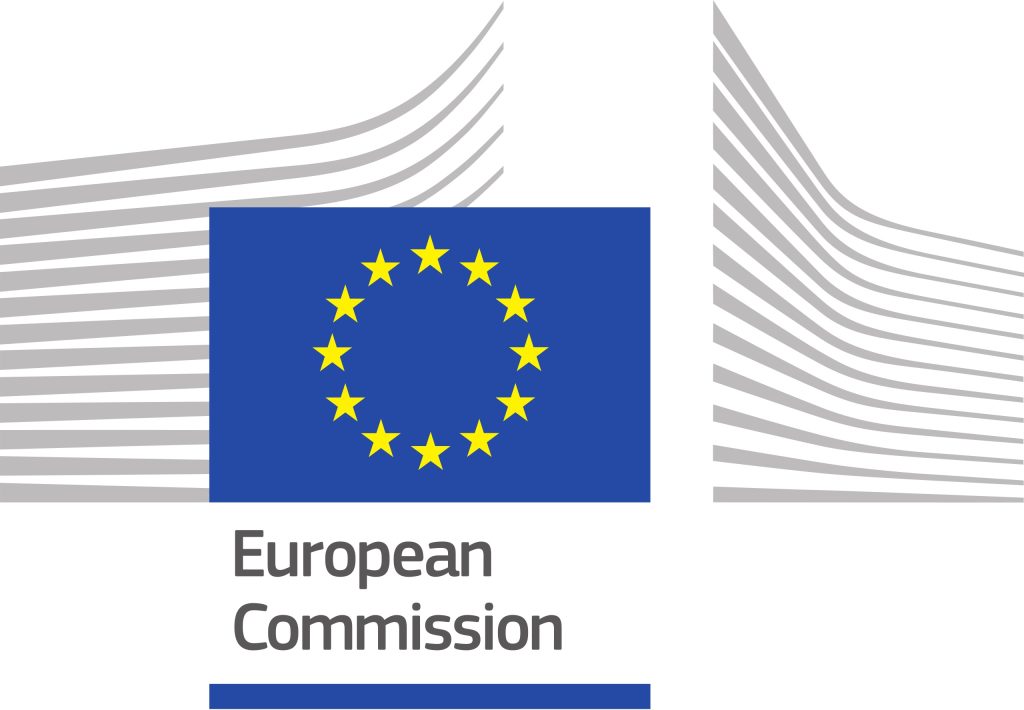
Europe’s battery charge to power a green economy
As it moves away from fossil fuels and towards climate-neutrality, the EU is placing strategic importance on the market for batteries and stepping up research in the field.
From mobile phones and kitchen appliances to computers and cars, batteries are so much a part of daily life that they tend to get taken for granted by people. But without an even bigger role for batteries, a low-carbon future would remain out of reach.
An across-the-board switch to clean energy such as wind and solar, along with the new storage capacity needed for them, means that a major effort is underway by EU policymakers, researchers and companies to ensure that batteries can power the future European green economy.
Among the most prominent examples of the European commitment to renewable energy is new legislation that will prohibit the sale in the EU starting in 2035 of new cars powered by petrol and diesel. The forthcoming ban on the internal combustion engine follows years of steadily tougher EU caps on car emissions of carbon dioxide, the main greenhouse gas.
The European battery market could be worth as much as €250 billion a year as of 2025. Europe aims to increase its share of global battery-cell production to as high as 25% this decade from 3% in 2018, chipping away at Asia’s 85% dominance. At the same time, the EU is promoting battery collection, reuse and recycling through new rules.
In that context, the EU is funding a range of research projects to ensure that Europe has an industrial base and supply network able to meet growing demand for batteries.
The research covers all segments of the supply chain – from access to raw materials needed to make batteries and the infrastructure required for storing energy to “smart grids” that automatically charge vehicles when power is cheapest and battery designs that ensure recycling.
Below is a Horizon Magazine video interview with Professor Silvia Bodoardo, a researcher in the Department of Applied Science and Technology at the Polytechnic of Turin in Italy and an expert in new battery types.
Bodoardo leads a working group on advanced materials under an initiative called the Batteries Europe Technology and Innovation Platform, or ETIP. She does so in collaboration with a partnership called BATT4EU that coordinates battery research under the Horizon Europe programme.
By HORIZON STAFF
This article was originally published in Horizon, the EU Research and Innovation magazine
Document Details and Download
- Batt4EU
- Battery
- battery technology
- Breakthrough Renewable Energy
- Convert2Green
- EU policy
- G2G
- Green Economy
- regulation
- Research Funding
- technology strategy

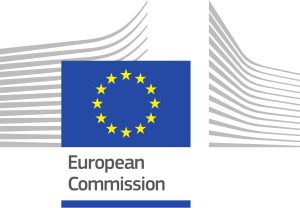

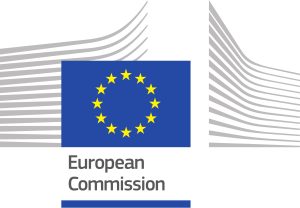
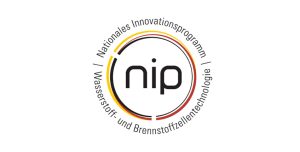




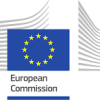
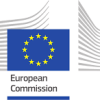



Europe’s battery charge to power a green economy 0 reviews
Login to Write Your ReviewThere are no reviews yet.